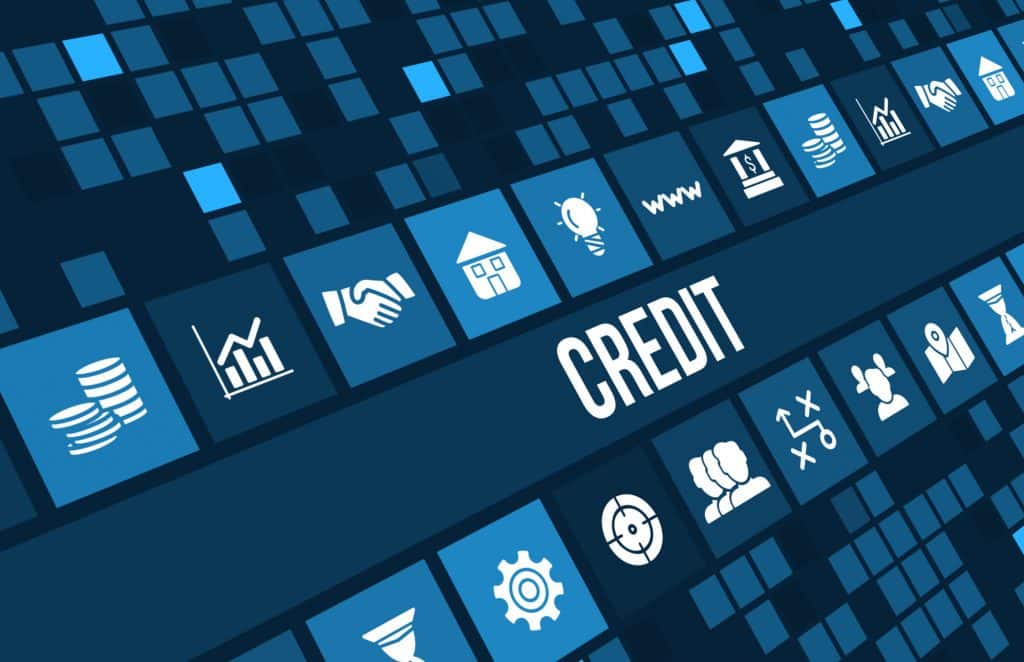You got to give credit where credit is due. And sometimes, credit is due to you. Credit allows you to pay back your debts and get loans. Millions of people in the United Kingdom have credit cards and use them wisely. But the average credit card debt per household still totals over 2,100 pounds. Many people assume that all types of credit are alike.
But there are some significant differences among the types of credit. Understand how credit works and you can reduce your debt. Here is a quick guide.
Revolving Credit
If you have a credit card, you probably have a revolving credit account. Revolving credit provides you with a maximum credit line.
Once you hit that line, your creditor assigns a payment you must make. You cannot use your credit line until you pay your payment in full. Most creditors allow monthly payments, but plans can differ.
If you cannot pay your monthly payment, it will roll into the next month. Your creditor will charge that payment with interest. Some creditors charge very high rates of interest, so you should try to pay in full every month.
The more on-time payments you make, the higher your credit scores will be. You are more likely to receive approval for loans and advance payments. Using less than your credit limit will also assist your credit scores.
Some creditors charge additional fees on top of interest rates. You may have to pay a cash advance or foreign transaction fee. Read the terms and conditions of your contract carefully before signing.
Instalment Credit
If you take out a loan, you probably have instalment credit. Instalment credit lets you borrow a set amount, which you pay off with fixed monthly payments.
Your contract determines the amount you will borrow and the time period of the loan. Even if you make on-time payments, you may have to pay interest. Keep a close eye on what the interest rates are through time.
Some contracts do not allow you to pay your loan off early. They may charge you a penalty for doing so, which can be higher than the amount you pay over time.
Several factors determine the terms of your contract. Your credit score is a major determinant. If you have paid off your loans on-time, your terms will be more lenient.
Your debt-to-income ratio is almost as important. If you have little debt on hand, your payments will be lower. The bank may make your payments higher if you have a high income.
You should show a stable history of employment, with no long gaps between jobs. You should also display any additional sources of income you have. The more sources, the more likely you will receive a strong line of credit.
Open Credit
Open accounts are rarer than revolving or instalment accounts. But some utility and cell phone companies do offer them.
An open account provides a balance that you must pay in full every month. Open creditors do not charge interest, but they can charge penalties if you don’t pay. In exchange for your regular payments, you receive services.
Open lines of credit don’t appear initially on your credit report. Companies may refer your information to credit bureaus if you are late on your payments.
An open credit account is the simplest kind of credit. As long as you pay every month, you should not run into difficulty.
Secured Business Line of Credit
If you are looking to start a business, you may receive a secured business line of credit. This is a special type of loan that is similar to a revolving line.
A secured business line sets a maximum amount that you can borrow. However, you can keep borrowing past your line. You need to make a payment, but you can break your payments up so you can keep borrowing.
To receive a secured line, you need to provide collateral. The most common types of collateral are property and equipment. Banks usually do not accept stocks for secured lines.
Real Estate Line of Credit
If you want to invest in real estate, you need to have some money upfront. A real estate line of credit can get you the resources you need.
Home equity determines many real estate lines. An investor exchanges equity they have in their house for money from a creditor. They can use that money to purchase a property, usually to renovate or flip the property.
Their line of credit is limited to what the investor receives from the creditor. But an investor has no restrictions on how they can use the cash. The credit line requires no other financial statements besides a personal credit report.
A real estate line is the best line of credit for a quick payment. But it requires a high credit score.
You can use the equity in your house as collateral and pay the loan back through monthly payments. If you default on your loan, the creditor can place a lien on your house.
The Five Different Types of Credit
Many people struggle with credit. They don’t understand how payments work, let alone that there are multiple types of credit. But you can distinguish amongst them.
A revolving credit line charges monthly payments. These payments can incur interest if they are not paid off. An instalment line provides less interest but sets firmer conditions for when you make payments.
Most utility companies use open lines of credit. Secured business lines are good if you want to start a business, while real estate lines are good for real estate investors.
Get the facts you need to strengthen your finances. Capital Finance International provides premium reporting on business and economics. Contact us today.
